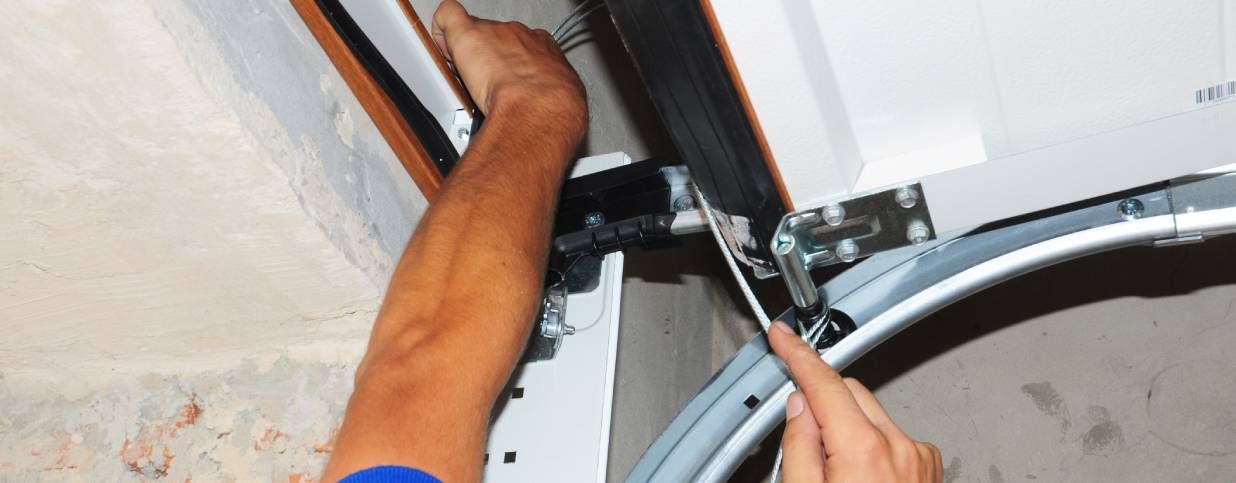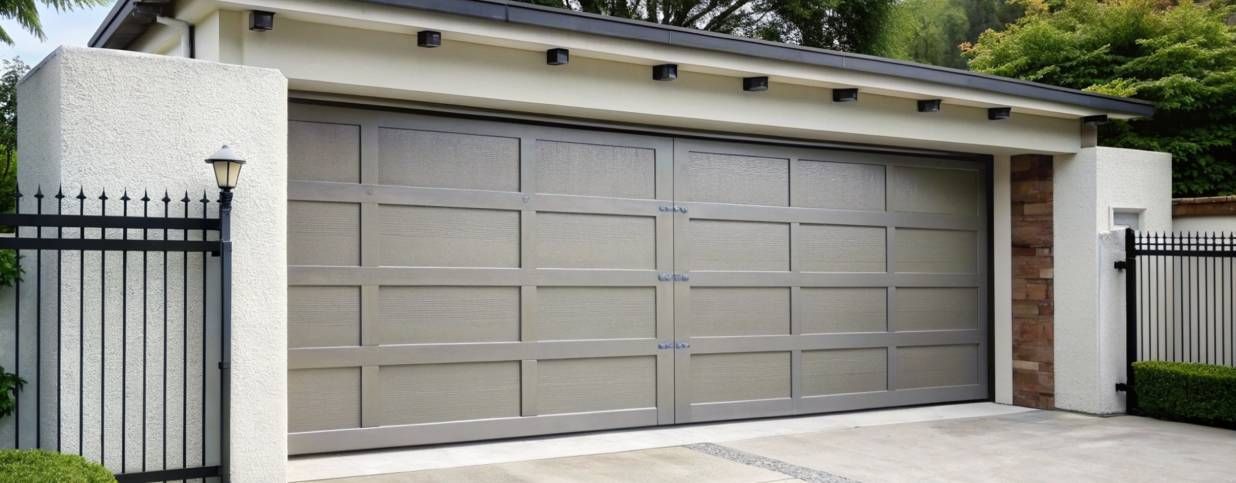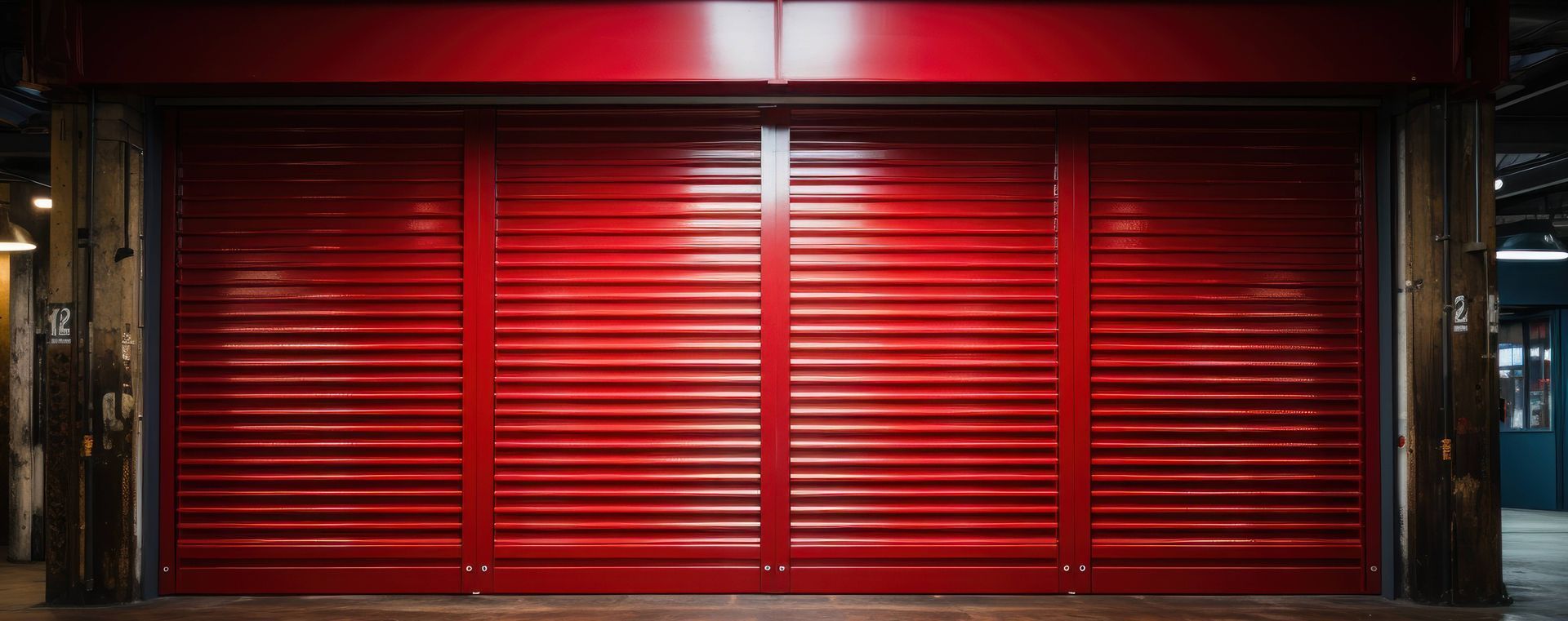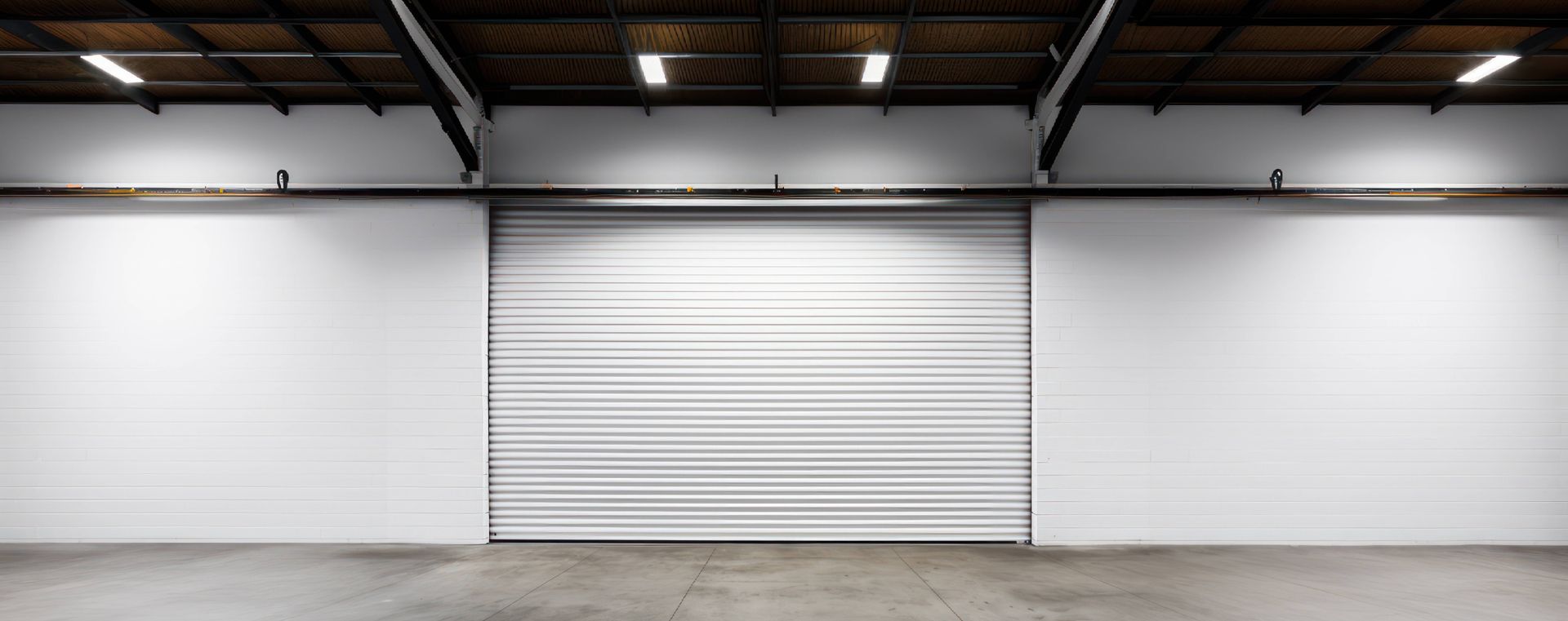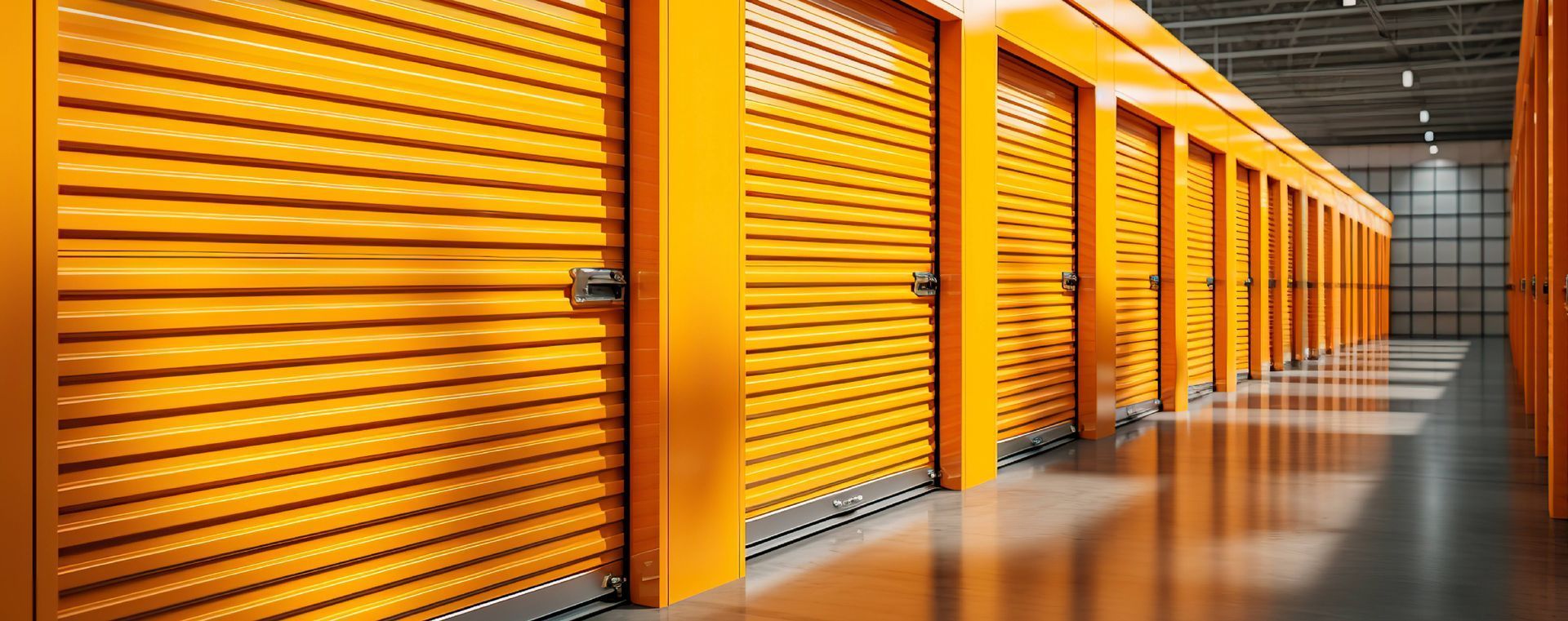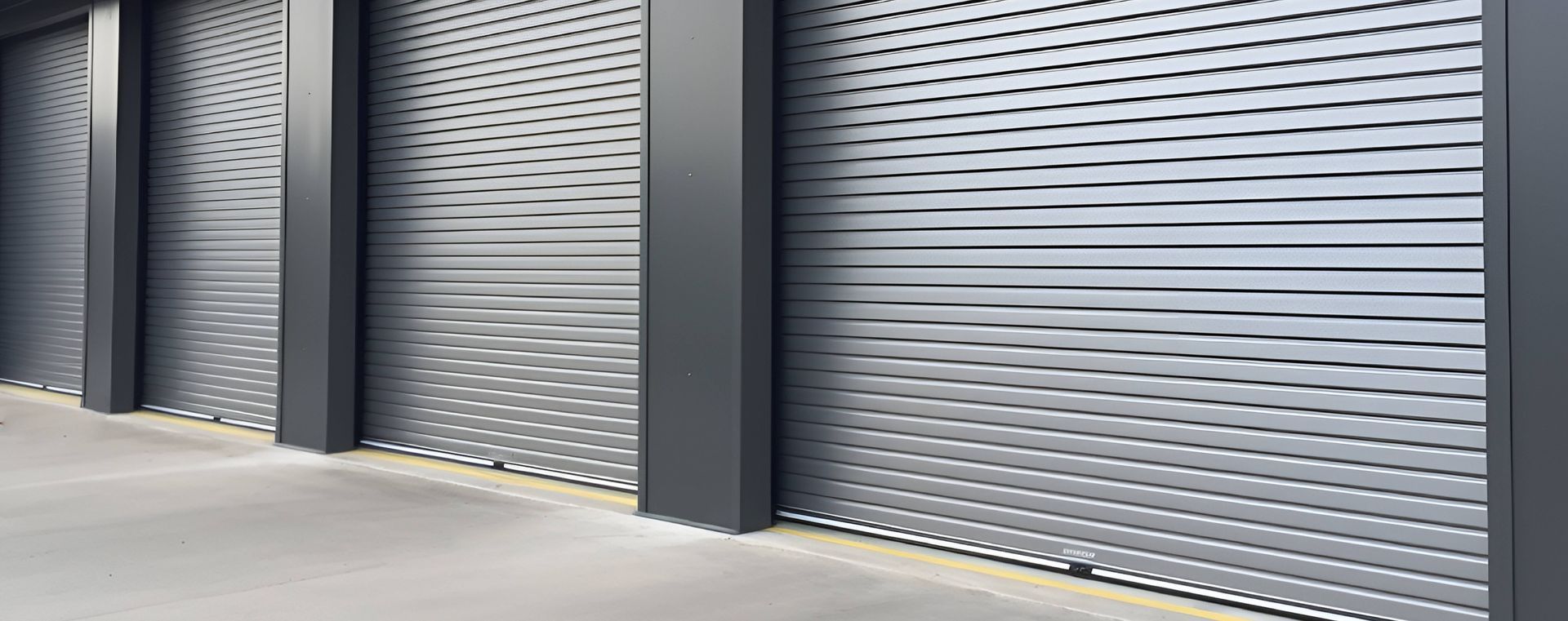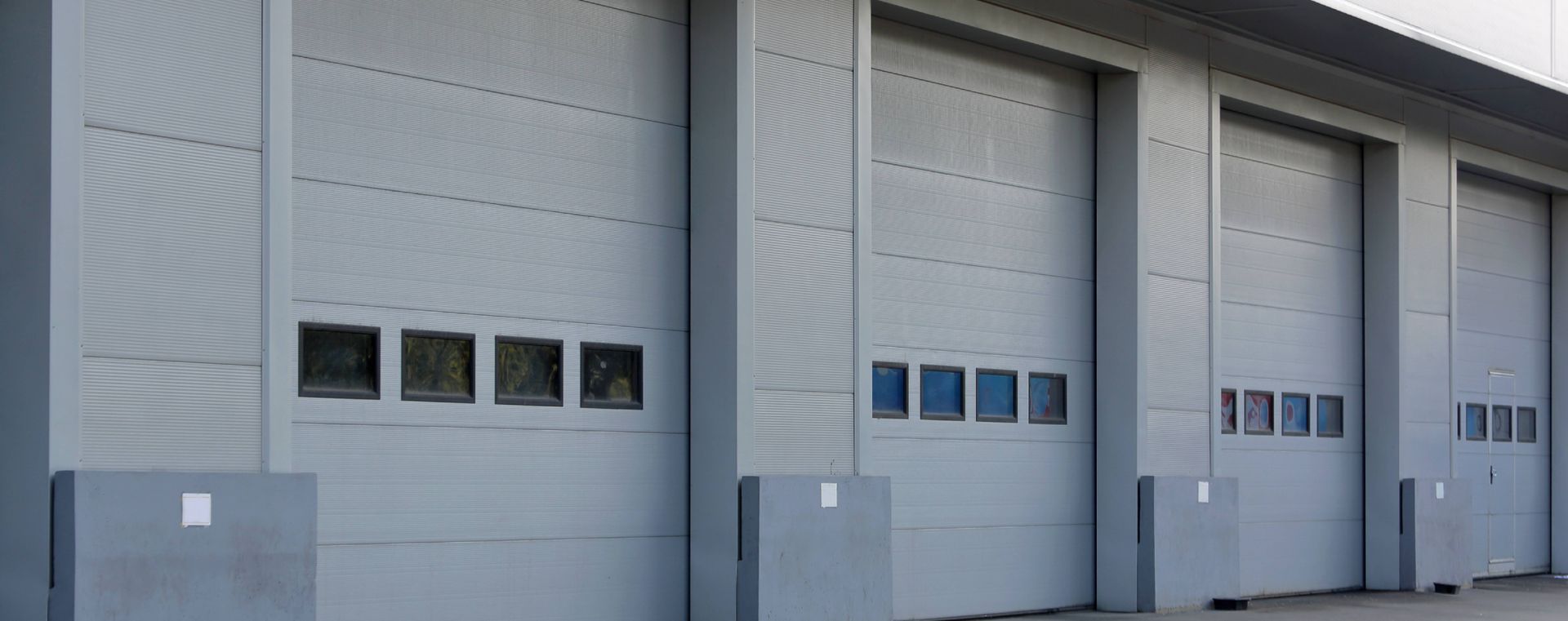The Impact of Insulation On Energy Efficient Garage Doors
By Cheryl Gustafson, June 26, 2024
This is a subtitle for your new post
Insulation is key to obtaining energy efficient garage doors, which is vital for homeowners desiring to improve their homes' energy effectiveness and comfort. In this blog, we’ll explore the importance of properly insulated solutions by providing a deeper exploration of what insulation is and why it matters.
What is Insulation for a Garage Door?
Insulation in a garage door is made to minimize the movement of heat and cold, through it, significantly improving its thermal efficiency. Good insulation helps to keep the temperature controlled inside the garage, lessening energy needs from your house's heating or cooling systems, thus promoting energy efficiency. Polyurethane or polystyrene foam is often used to insulate garage doors. These items are perfect for maintaining comfort inside the garage, especially when it's not just a place for parking cars but also used as a workshop or living space.
Insulation, in simple terms, is like a protective wall that controls the flow of heat between your garage and the outside world. This feature becomes very important, especially in extreme weather conditions - it helps to stop cold air from coming inside during winter and keeps your garage cool in the summer months. Garage doors with insulation are usually made up of several layers: some insulation material follows a frame made from steel, then comes either wood or another layer with more steel on top as an exterior panel. This stacking improves the thermal attributes and makes the door more robust and safer, especially when using high-quality garage door materials. Proper insulation can significantly lessen vibrations and noise when the door moves, which helps substantially extend the door's life span. These advantages show the importance of including insulation in
custom garage doors for efficiency and comfort.
Assessing the R-Value of Your Garage Door
The R-value measures an insulation's ability to resist heat flow, with a higher R-value indicating better insulating properties. The garage door, usually the largest opening in a home, significantly influences the thermal efficiency of the property. Manufacturers assess the insulation ability of garage doors by their R-value. For garages integrated into homes, an R-value greater than R-10 is recommended.
In your search for an energy-efficient garage door, you might also consider the U-value, which inversely corresponds to the R-value and measures the heat transfer rate through the door material. Lower U-values signify improved thermal efficiency. After installation, the U-value helps determine the total energy loss and rate of heat transfer. Keep in mind that door finishes and colors can affect these values; lighter colors, for instance, tend to improve energy efficiency by reflecting more sunlight.
When choosing a garage door, ensure it meets your specific thermal requirements, especially if you live in climates that experience extreme temperatures. For optimal insulation, consider doors with features such as:
- Polystyrene insulation: to achieve an ideal balance of functionality and energy efficiency.
- High R-value: for better insulation and thermal efficiency.
- U-value: that supports your energy goals.
Impact of Insulated Garage Doors
Garage doors with insulating features offer significant advantages besides controlling temperature.
Besides making the door more robust and resistant to damage, insulation also helps decrease noise by stopping street sounds from entering the garage area, improving the overall comfort of a well-insulated garage. For houses with garages connected to them, this can make a big difference in improving the general living situation inside your home. It can help to create a buffer area from outside sounds and temperature fluctuations, contributing to the overall thermal efficiency of the garage.
Insulating A Garage Door Reduces Energy Bill
Another reason to consider insulating a garage door is the possibility of lowering your energy bills. When you add insulation to your garage door, it creates a stable barrier that improves the door’s thermal efficiency by preventing the typical energy loss from non-insulated doors. This stability means that your HVAC system doesn't need to put in as much effort to keep your house at an agreeable temperature level, resulting in less energy use and, thus, lower utility expenses. As a result, you’ve achieved significant savings on your energy costs.
The Impact of Garage Door Insulation on the Environment
Investing in garage door insulation is good for your pocket and helps the environment. By reducing the energy required to heat or cool your house with the best garage door for energy efficiency, you close the door on excessive energy use, resulting in a smaller carbon footprint. Homes that operate more efficiently produce fewer greenhouse gas emissions. Additionally, proper insulation can increase your home’s value by extending the life of items stored in your garage and maintaining an ideal environment. Using an insulating garage door with a high R-value improves this effect, protecting against extreme temperatures and improving energy efficiency. This approach contributes to a well-insulated garage and aligns with the benefits of energy-efficient doors, boosting overall home efficiency.
Choosing a Material That Fits Your Needs
Beyond the design and curb appeal of a new garage door, the choice of material significantly influences its overall energy efficiency. When aiming for eco-friendly options, consider these materials in relation to your thermal goals:
- Steel: Steel is a strong, visually appealing option for garage doors. Although plain steel doors provide minimal insulation, models that use a layered construction of steel and polyurethane offer improved thermal protection. These doors also feature seals with thermal breaks that reduce air infiltration, making them an excellent choice for maintaining a comfortable home environment in both cold and hot climates.
- Wood: Wood adds a distinct texture and charm to your home. On its own, wood does not offer much in terms of thermal insulation; however, garage doors that combine the aesthetic appeal of wood with the strength of steel provide superior insulation, achieving R-values as high as 12.76.
- Vinyl: Vinyl is favored for its maintenance-free finish that remains attractive over time. Vinyl garage doors are especially effective for their thermal efficiency and noise reduction capabilities. They also resist dents and rust, ensuring long-lasting performance and appearance.
To make your house energy efficient and friendly to the environment, put an insulated garage door in place that is also effective in power conservation. At
Tri-Lakes Garage Doors, we know how to set up and look after these doors. We can assist you in getting the advantages described above for better living conditions in your home. Consider upgrading your garage door’s insulation when you build a new house or improve the existing one. Doing so will better the door’s performance and provide numerous advantages over time if properly maintained!
Reach out to us and discover our variety of energy efficient garage doors that perfectly match your home’s requirements and style.
Contact Info
We’ll come to you! Our office is where the door will live!
Contact Tri-Lakes Garage Doors to set up a time to come see you at your convenience.
Showroom Location: 3359 E Palmer Divide Ave
Larkspur, CO 80118
*By Appointment only
How Can We Help?
Contact Us - Footer
We will get back to you as soon as possible
Please try again later
All Rights Reserved | Tri Lakes Garage Doors



